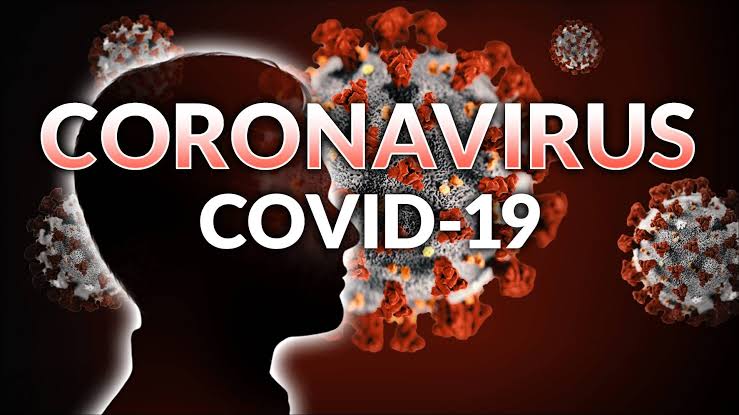
There are reports in a section of the media about some decisions of the government regarding the lockdown implementation and response to COVID-19 management.
The period of the lockdown has been gainfully utilized to ramp up the health infrastructure in the country. As on date, 45299 people have been cured taking our recovery rate to 40.32%.As on 21.05.2020, 26,15920 samples have been tested and 103532 samples have been tested in the last 24 hours through 555 testing labs (391 in the government sector and 164 private labs). Indian Council of Medical Research, New Delhi, in collaboration with Dept. of Health and Family Welfare, Government of India and National Centre for Disease Control with support from State health departments and key stakeholders including WHO, India is conducting a community based sero-survey to estimate the prevalence of SARS-CoV-2 infection in Indian population.
In collective efforts of Central as well as State Governments, as many as 3027 dedicated COVID Hospitals and COVID Health Centres along with 7013 COVID Care Centres have been identified. Additionally, more than 2.81 lakh isolation beds, more than 31,250 ICU beds, and 11387 oxygen supported beds have already been identified in Dedicated COVID Hospitals and COVID Health Centres. Also, Government of India has supplied 65.0 lakh PPE coveralls and 101.07 lakh N95 masks to the States. Nearly 3 lakh PPE coveralls and 3 lakh N95 masks are now being manufactured per day by domestic producers, although they were not produced in the country earlier.
In addition, the Government is consulting and involving epidemiologists actively at all levels in order to combat COVID-19. The National Task Force (NTF) for COVID-19 constituted by the Indian Council of Medical Research (ICMR) has held 20 meetings since mid March 2020 and has systematically and effectively contributed towards the scientific and technical response to the pandemic.
A team of researchers from Jawaharlal Nehru Centre for Advanced Scientific Research (JNCASR) an autonomous Institute under the Department of Science &Technology (DST), Government of India along with collaborator from IISc Bengaluru have developed a heuristic predictive model for COVID-19 that provides short-term predictions about the evolution of the disease and the medical needs that are generated as a consequence.
Under the Union Minister for Health & Family Welfare, Science and Technology, and Earth Sciences Dr. Harsh Vardhan, a well-coordinated approach has been adopted to activate the scientific community of the country and who are contributing by working round the clock to develop new testing kits, protective equipment, respiratory devices, etc. This approach has helped in providing a common platform for sharing of best practices, collaboration of work, development of need-based innovations, and in avoiding duplication of research work. With the help of institutions under DST and sister ministries, DST is taking the lead in coordinating the effort to map and upscale appropriate technologies in India for addressing a plethora of issues related to COVID-19. The DBT and its PSU, Biotechnology Industry Research Assistance Council (BIRAC) has announced a COVID-19 Research Consortium Call to support Diagnostics, Vaccines, Novel Therapeutics, Repurposing of Drugs or any other intervention for control of COVID-19.
Various policy announcements, particularly the “Pradhan Manrtri Garib Kalyan Yojana’ and “Atmanirbhar Bharat” Abhiyaan, have been made to ameliorate the hardships faced specifically by migrant labourers, street vendors, migrant urban poor, small traders self-employed people, small farmers and housing. The Central Government has announced a scheme for migrant workers and urban poor to provide ease of living at affordable rent. Affordable Rental Housing Complexes will provide social security and quality life to migrant labour, urban poor, and students etc. This will be done through converting government funded houses in the cities into Affordable Rental Housing Complexes (ARHC) under PPP mode through concessionaire; manufacturing units, industries, institutions, associations to develop Affordable Rental Housing Complexes (ARHC) on their private land and operate; and Incentivizing State Government agencies/Central Government Organizations on similar lines to develop Affordable Rental Housing Complexes (ARHC) and operate.

